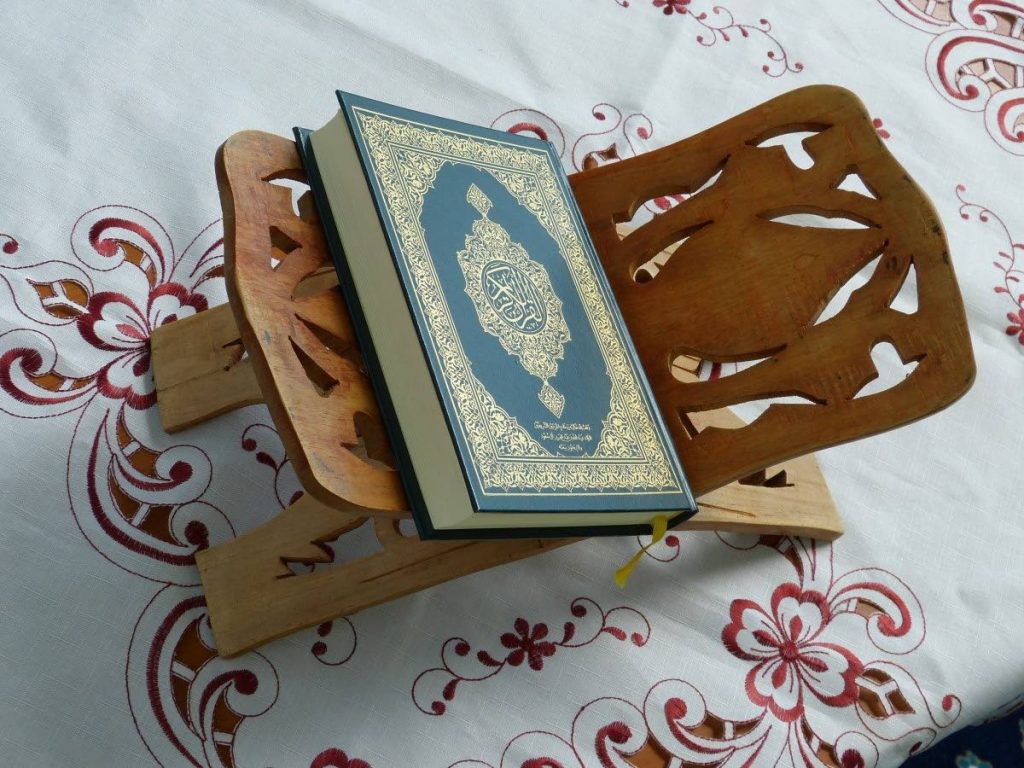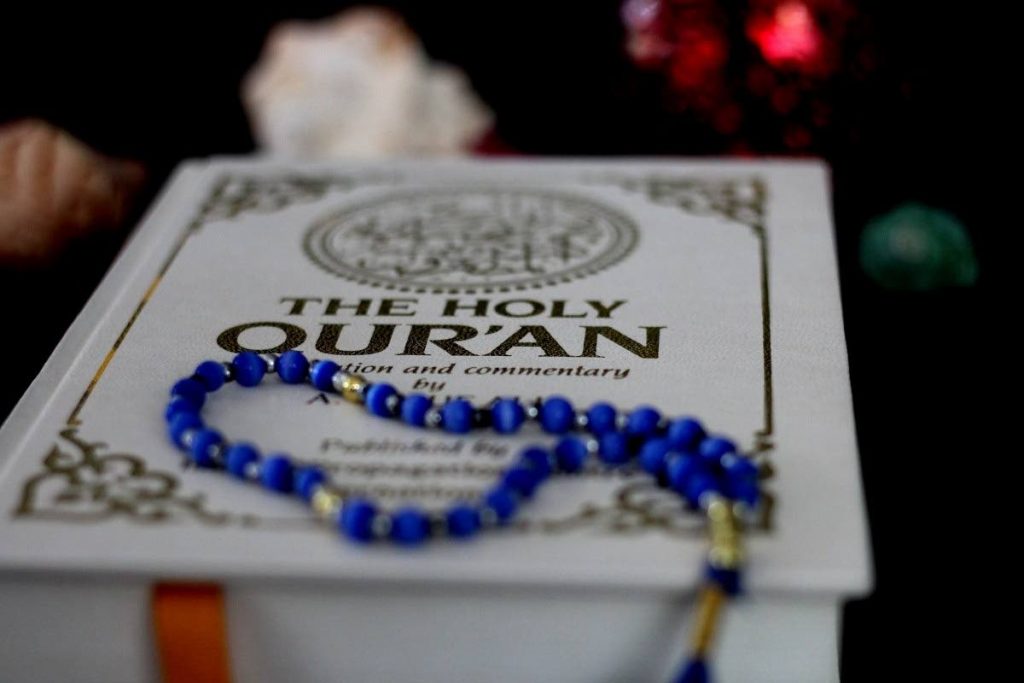The Holy Qur’an - God’s revelation to mankind

IMRAN ALI
Eid-ul-Fitr is an Islamic traditional celebration of the end of the month of Ramadan, and is observed in this country as a public holiday.
Although public health regulations prohibit the customary gatherings and thanksgivings which take place on the day, Muslims can use the occasion to reflect and appreciate a deeper meaning of the occasion.
The conclusion of the month of Ramadan marks for many Muslims another cycle in the rejuvenation of their faith and an opportunity to grow closer to what they believe to be God’s final revelation to mankind – the Holy Qur’an.
Although it is the definitive core of Islam, the Qur’an (which translates to mean “the recitation”) continues the monotheistic traditions established in the Torah, the Psalms and the Gospel. These religious texts are mentioned and confirmed in the Qur’an itself. However, while all these texts are revered as being holy by Muslims, they believe that only the Qur’an exists today in its authentic form.
The Qur’an itself is regarded as a miracle. Muslims believe that the first verses were revealed to the prophet Mohammed by God through the angel Gabriel on one of the later nights in the month of Ramadan. These revelations continued for a period of 23 years during Mohammed’s prophethood.
According to Islamic belief, once inspired, the prophet would recite verses which would be memorised by those around him and recorded by scribes. It was only following Mohammed’s death that the written recordings were compiled, and it is believed that the Qur’an exists today unaltered from its original compilation.
So central it is to the practice of Islam, that its verses are recited in each of the five obligatory prayers – collectively one of the pillars of Islam. Recitation of its verses are also said to ward off illnesses and evil omens.
Several arguments are put forward as evidence of the miraculous nature of the Qur’an. Firstly, Mohammed himself was an “unlettered” prophet, in the sense that he was unable to read or write and thus it was not possible for him to compose such a complex text let alone over the period of 23 years. Secondly, the nature of the text itself is so layered with meaning and at the same time a literary work of art that no man could duplicate it. Indeed, the Qur’an itself challenges disbelievers to produce another text to rival it.

Another argument cited by the Muslim faithful is that not only does the Qur’an cite numerous historical references, but it describes scientific phenomena which were unknown to mankind at the time it was revealed. These include the fact that all living beings originated in water; the development of the human foetus following fertilisation; the creation of the universe in a manner similar to the modern “Big Bang” theory; and the existence of unseen barriers between bodies of oceanic waters which prevent them from mixing when they come into contact with each other.
For Muslims, the Qur’an is a complete code of life. In addition to the above, the Qur’an sets out many aspects of shariah law relating to marriage, divorce, inheritance, and the rules of engagement at wartime.
The Qur’an emphasises the omnipotence and eminence of God, and mankind’s duty to worship, seek forgiveness and do good in order to enter into paradise which God has promised for true believers. Significant emphasis is placed on God’s mercy and willingness to forgive.
In the month of Ramadan, Muslims are encouraged to increase their efforts to study the Qur’an. It is now routine to have nightly optional “tarawih” prayers, at which the entire Qur’an is incrementally recited on each night in the holy month. In Ramadan, many masjids feature lectures or discussions focused on the Qur’an itself and the many messages it contains.
Due to covid19 restrictions this year, mosques were unable to accommodate these observances. However, Muslims were able to rely on television and online broadcasts of lectures and discussions, and they were encouraged to observe the optional prayers in the home setting.
Unlike other faith-based organisations which permit the online gathering of prayer sessions, Islamic belief is that congregational prayers cannot be done online, where the leader of the prayer is separated from the congregation. Accordingly, while the broadcast of sermons and discussions was permitted online, Muslims were advised to carry out their prayer sessions in congregation at home.
Eid Mubarak!
Imran Ali is an attorney-at-law and former journalist at Newsday

Comments
"The Holy Qur’an – God’s revelation to mankind"